Enclaves
N3C COVID
The N3C COVID Enclave is a public-private-government partnership established during the Coronavirus pandemic to create a centralized data resource aimed at improving the efficiency and accessibility of analyses with COVID-19 clinical data, expanding our ability to analyze and understand COVID, and demonstrating a novel approach for collaborative pandemic data sharing. By leveraging our collective data resources, unparalleled analytics expertise, and medical insights from expert clinicians, we can synergize discoveries that address the pandemic beyond the sum of our parts.
N3C Education
The mission of the N3C Education Enclave is to provide educators and learners a space to develop and practice the skills needed to analyze real-world data (RWD, e.g., non-clinical trial data, such as from medical records, insurance claims, patient surveys, or census or community datasets). The Education Enclave provides simulated (also known as ‘synthetic’ or notional) datasets to learn on, as well as a series of training tutorials, the Researcher’s Guide to the N3C - a virtual textbook of the concepts and skills needed to study RWD, and access to many of the shared resources available to the broader N3C community.
N3C Cancer
The National Clinical Cohort Collaborative (N3C) Cancer Enclave is part of a broader feasibility testing initiative being done to refine the overall governance, data linkage, and institutional partnership components of N3C. The objective of the Cancer Enclave is to test the feasibility of linking data from multiple sources to generate a comprehensive data enclave.
N3C Renal
The National Clinical Cohort Collaborative (N3C) Renal Enclave is part of a broader feasibility testing initiative being done to refine the overall governance, data linkage, and institutional partnership components of N3C. The objective of the Renal Enclave is to test the feasibility of a “Freeport” Inter-HHS agency data-sharing enclave, and to better understand and conceptualize the patient journey through CKD to dialysis, transplant, and beyond.
